You can't become a piano teacher overnight. Turning the piano into a career itself is a process that requires years of practice, if not decades.
History books talk about numerous piano virtuosos, like Bach, Beethoven, or Chopin, legends in the world of music.
Frédéric Chopin, for example, was enrolled in piano lessons at the age of six by his mother, who was herself a pianist, and who'd noticed a particular if not precocious talent for the instrument.
To become a pianist, virtuoso, or piano teacher, it's better to have learned music at a very young age.
You're just beginning to learn how to play the piano, have acquired some skills, and already you're envisioning teaching others what you know? You want to be a piano teacher?
It's possible, and we'll look at what level it's possible to start out as a piano teacher.
What is the skill level you need to reach in order to teach this noble instrument?
Do you need any kind of degree to give start piano tutoring jobs?
What type of training and how many years of practice are needed to get to a high enough level to be able to teach and give piano lessons?
Superprof suggests some training to follow in order to reach that level, to become a proper piano teacher.
Want to give private lessons?
Join the Superprof community and share your knowledge with interested and motivated students.
Becoming a Piano Teacher: Knowing How to Put Yourself in Your Students' Shoes
Why do you want to become a piano teacher? The answer to this question might seem obvious: I want to become a piano teacher because I love this instrument.
Yes, but more than that. You must also know how to adapt to the levels of your students.
How to become a tutor easily.
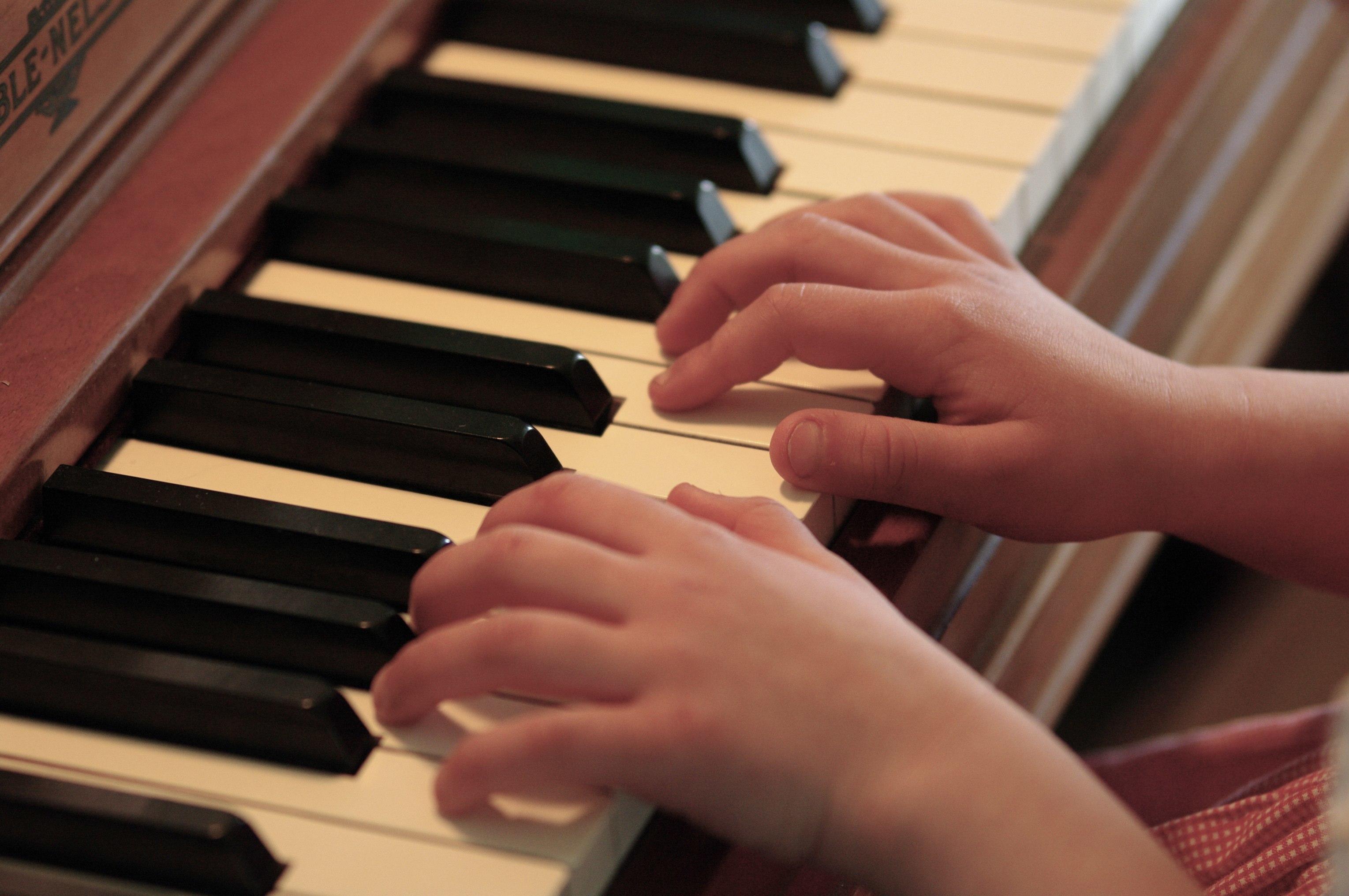
When you've been playing an instrument for several years, the primary goal driving you to teach might be a strong fondness for passing along your knowledge.
Teaching someone to play the piano, for beginners or even for other musicians coming to the piano, is a gratifying activity.
Find out the best ways of attracting students to your piano classes!
It challenges the educational skills of the teacher, which are put to the test: you'll often need to simplify a song to be able to explain it in a way that doesn't discourage the student.
This form of simplification can prove effective for a student wanting to learn the piano quickly and benefit from a proven method.
Just as with lessons in a language, the guitar, the drums, or the trumpet, the teacher's skill level needs to be high enough to be able to simplify the language.
With difficult songs, the instructor needs to be able to introduce simple arrangements to a beginner student.
The skill level needed to become a piano teacher is something that's set in stone, especially since there are no regulations governing the practice.
A teacher does, however, need to be able to establish a simple and accessible piano learning method for their students.
Learn all about how to give piano lessons!
A good teacher is someone who's mastered theory, the scales, rhythm, the chords, playing with both hands at the same time, and all of the various nuances of interpreting music.
But we aren't going to lie: someone who's able to play in a fluid manner, who can read music like one reads a book, and who can play sequences of chords without slip ups, is a pianist who's had several years of practice, perhaps ten or fifteen years.
Other good virtues to learn as you reach a level to become a teacher: patience and listening.
A piano teacher needs to be patience because the lines of sheet music that students play over and over will appear simple, repetitive, burdensome, almost intolerable over time.
To be able to listen to others and develop the patience necessary to teach, you need to play the piano for many years: because a pianist who learns how to overcome his own challenges will understand those of others.
This is all well and good, but how can you reach the level you need to be at to be a piano teacher?
Become a Piano Teacher Through Cultural Institutions
There's a certain logic here, because music instruction is on the decline in both private and public schools.
For advanced pianists, this opens the door to a harmonious and creative professional life.
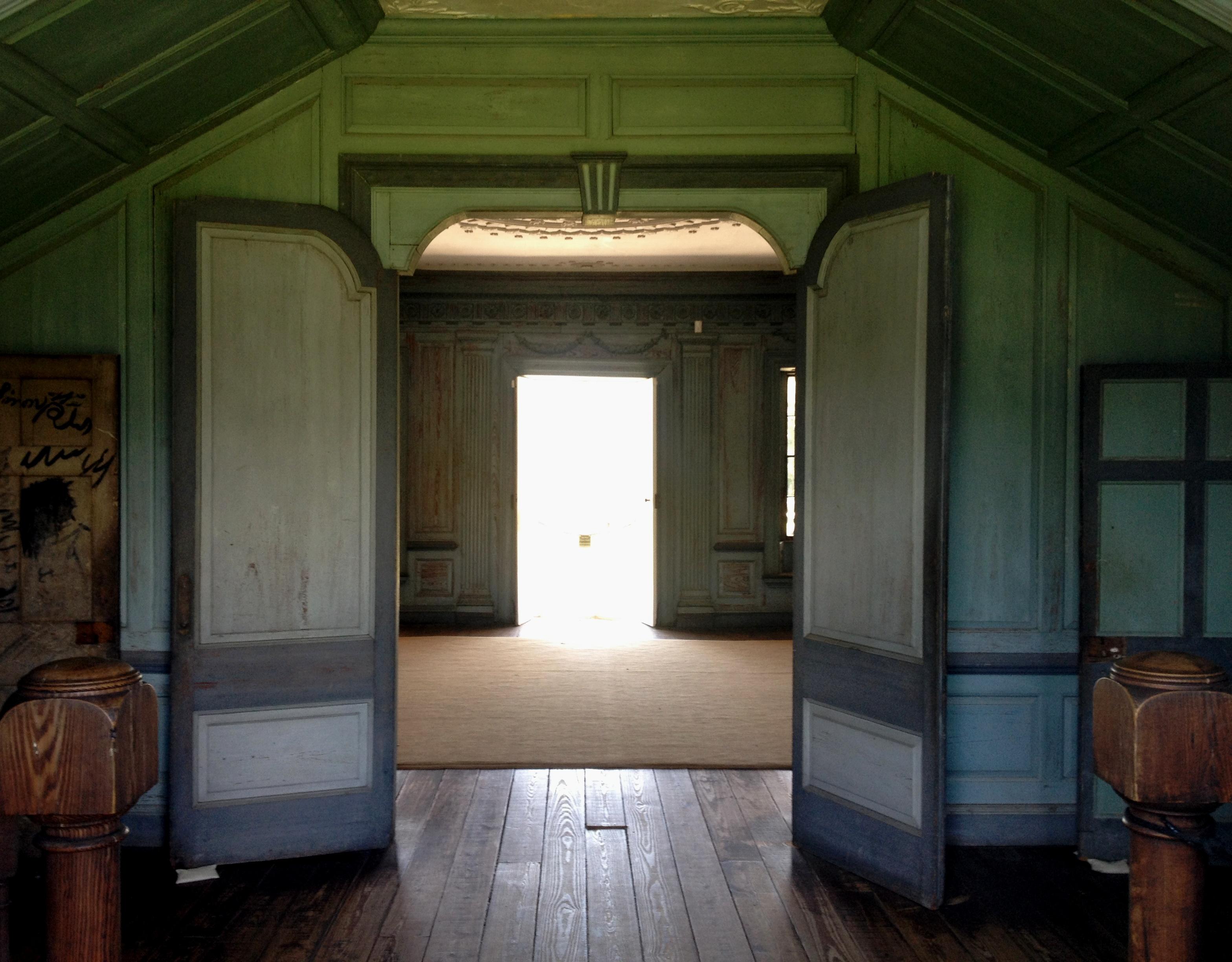
Faced with fewer options to learn piano within school walls, students wanting to learn how to play the piano, either for professional reasons (if they want a career in music production, for example, or a teacher) or pleasure, are increasingly turning to cultural institutions that offer an array of educational opportunities, including music, and especially the piano. They usually have flexible schedules, and can be adapted to any level of commitment and time available. And because they're non-profit organizations that are funded by grants and donations, the costs are not as high as elsewhere.
Find out how much you should charge for your piano lessons...
There are also, of course, similar establishments in almost every decent sized city: music schools. They too offer courses that fit any schedule, any level, and can be done in your home. They also, generally, teach in more styles than just classical. These private lessons are, of course, more expensive, as these are businesses and not cultural institutions. They are trying to make money. Often times, however, they share teachers with the cultural institutions.
Become a Piano Teacher Through a Degree Program
The most esteemed way to become a piano virtuoso and teacher is through a conservatory of national renown.

These conservatories are difficult to get into (Julliard, for example, accepts only around 8% of musician applicants), and are generally for students coming out of high school, but if you're talented, and audition well, you will not automatically be turned away if you're older. Some of the best conservatories are the Julliard School in New York, the Curtis Institute of Music in Philadelphia, the Berklee College of Music in Boston, the Cleveland Institute of Music in Cleveland, and the San Francisco Conservatory of Music in San Francisco. There are many more, in fact, usually at least one in every major city, often multiple. Like normal universities, they offer bachelor's, master's, and doctorate degrees.
Many large (and small) universities, both public and private, also have very well regarded and respected music programs offering the same degrees. Some of the best are at the University of California Los Angeles, Yale University, New York University, the University of North Texas, and Middle Tennessee State University, among many others.
The costs of these programs will vary wildly, but they aren't generally cheap, and will also require a full-time, four-year (at minimum) commitment to earn your degree. They also tend to be more focused on classical music, but you can always find teachers who focus on jazz and other styles.
Looking for piano lessons Atlanta? Find your perfect tutor when you search on Superprof!
Become a Piano Teacher Through Private Lessons in Your Home
Private piano lessons are completely unregulated in the United States. So anyone and everyone can call themselves a private teacher.
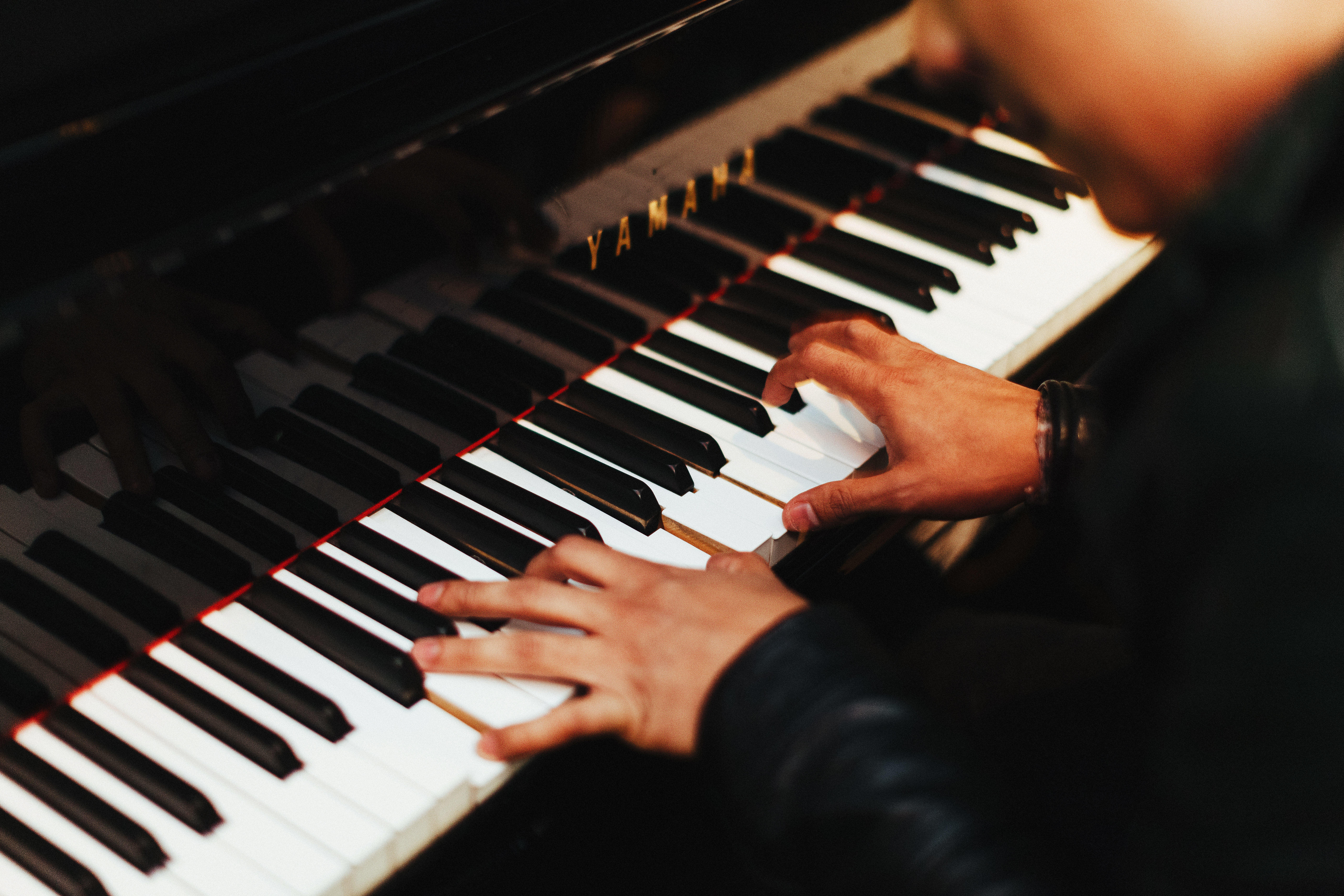
But be careful, you need to be an old hand at the piano so you aren't weaker than your students!
Private piano lessons in your home are also a very effective way to learn and a very attractive option as jobs for ex teachers. The price, of course, will depend on the teacher giving the lessons.
And it will be entirely your responsibility to commit to a great deal of practice, which can be difficult with other responsibilities.
Generally, piano teachers have at least three years more experience than their students. This might seem low. Some first-year pianists are better than those who've been playing for three years, however.
The number of years is ultimately less important than the attitude the teacher takes with the piano and how they conduct a piano lesson.
We believe that it takes at least five or six years of playing the piano before you'll be able to begin teaching beginners.
The higher the level of instruction is, the higher the skill level the teacher will need to have.
So a student who already knows her way around the keyboard will need a more experienced teacher.
Someone with a degree in music, from a university or conservatory, will be, for them, a better bet.
To begin with, this is because they've been playing for more than a decade. Secondly, this is because they've received intensive training on the piano over the course of this decade.
But platforms like Superprof, which help you find private courses, can help level the playing field: we'll help you find the great piano lessons that you need.
And if you're already a piano instructor, create yourself a teacher's profile and start signing up you first students of the school year!
Also pick up on this guide to planning piano lessons...
Want to give private lessons?
Join the Superprof community and share your knowledge with interested and motivated students.
Summarize with AI:

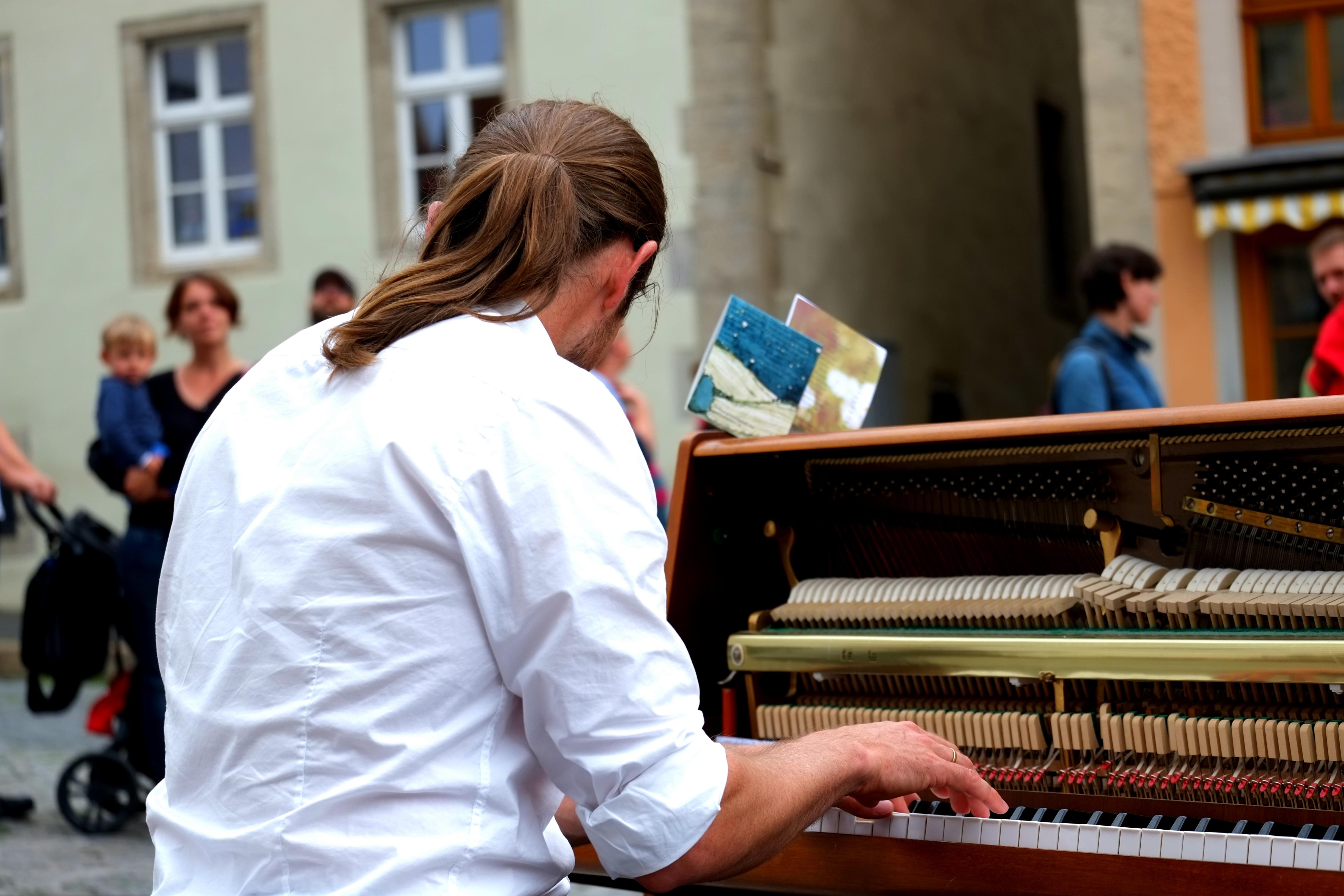



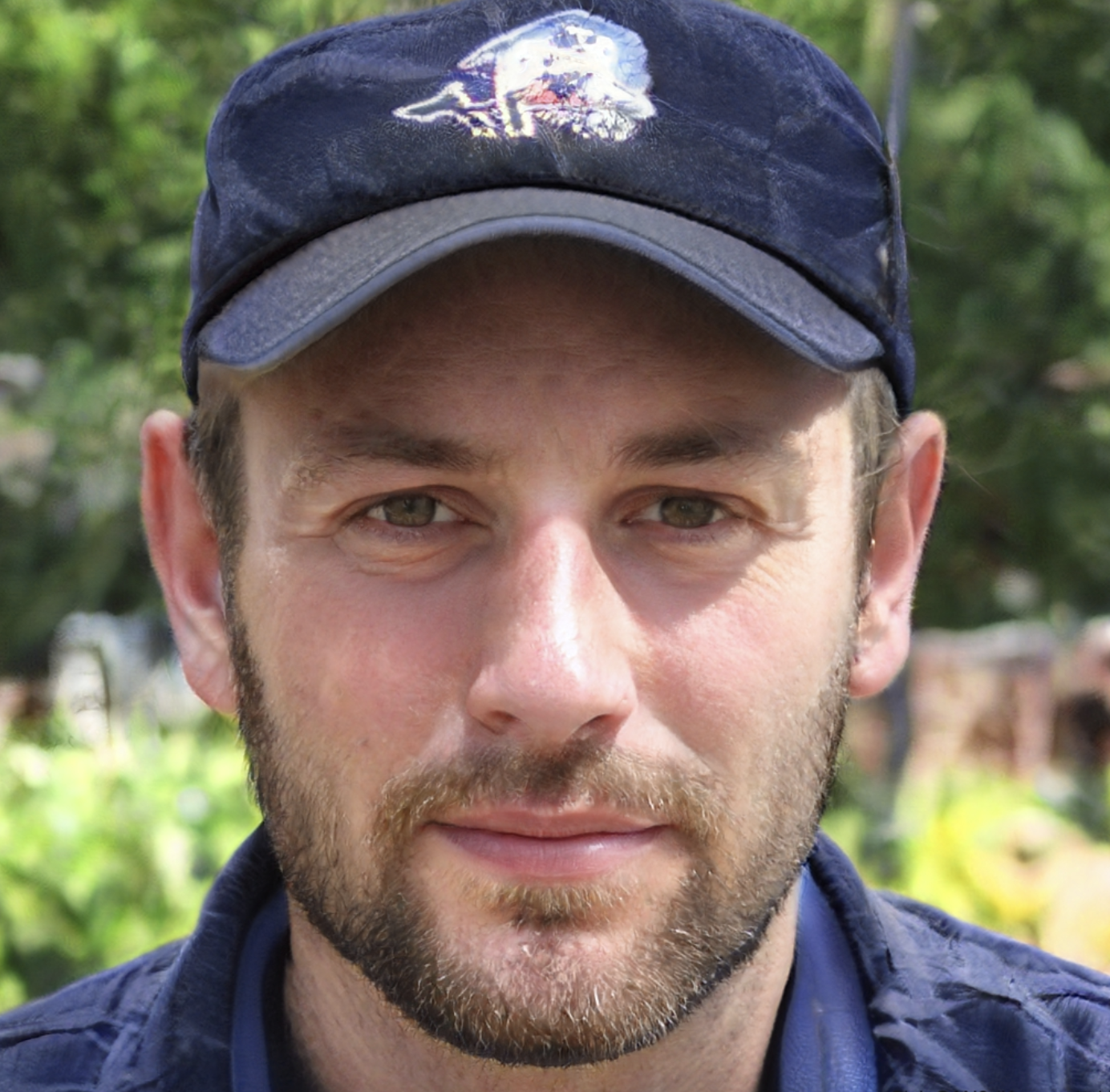
I took lessons at Watts Towers in Watts, CA since I was a young age for around 3-4 years. I stopped playing but now I’m thinking about picking it back up. I can read music notes well, I know the clefs, and know where each note is on the piano(such as A, B, C, D, E, F, & G) and I can play ‘Chopsticks'(right-handed) and ‘For Elise'(to a degree) from the top of my head. I graduated from High School. Are there places in CA. where I can continue learning my piano skills?
I have no degree in music but still got into piano teaching fast because I was popular at only 26. But there is a catch. I teach privately. But I can’t be a piano teacher all the time. I have to take private lessons from other teachers and postpone working on my teaching skills temporarily. I have had lessons from a total of at least 12 different piano teachers myself. I don’t actually need “lessons” for everything because I always buy the very best resources (sheet music) for piano online. I have only ever taken 1 music theory exam grade 5. I have a ton of other music theory books without ever having taken an exam in any of these things yet I am wired for deciphering them (there is still plenty of music theory books I don’t understand). I teach sight reading at the lower end (mainly grade 1 standard) and review my own sight reading skills at grade 8 standard with a teacher. I have got up to grade 7 practical (piano) with merit and working towards my grade 8. Even though I am very talented and creative piano player, it is embarrassingly slow getting up the grade exams (for me).
Personally I think music degrees are overrated. I don’t think the most esteemed way to learning and teaching piano is going to university. I do not need to spend time writing essays about music and pay all those tuition fees. I do not need to be passing so many unnecessary written exams in music. If you want to learn music you are better spending your money actually LEARNING your musical instrument. This goes true no matter how good you want to be in music. If you want to do a written exam in music to show you are qualified in music I would recommend a music theory exam. This does not require a degree in music. Let’s say you think I am wrong and want to be a music teacher and think you need a degree, surely all teaching jobs require a degree? For music basically the answer is no! For the average person wanting to learn music picking a teacher they want to have fun and play a musical instrument. Exams are very very boring to them. To be a better TEACHER of a musical instrument why not take lessons directly from other teachers on that instrument? This will always be more relevant to actual demands teaching this instrument. It means you can avoid paying high tuition fees. You don’t need any qualification to get all the necessary print materials to teach a musical instrument, just buy them online! Getting a degree doesn’t qualify you to get hold of harder piano pieces (sheet music). So you can still teach any level. So you may be asking how can you learn piano to the academic rigour needed to teach it having never gone to university? Easy, learn to play first with intensive training, once you have mastered the instrument, then learn all the music theory rules behind your playing.